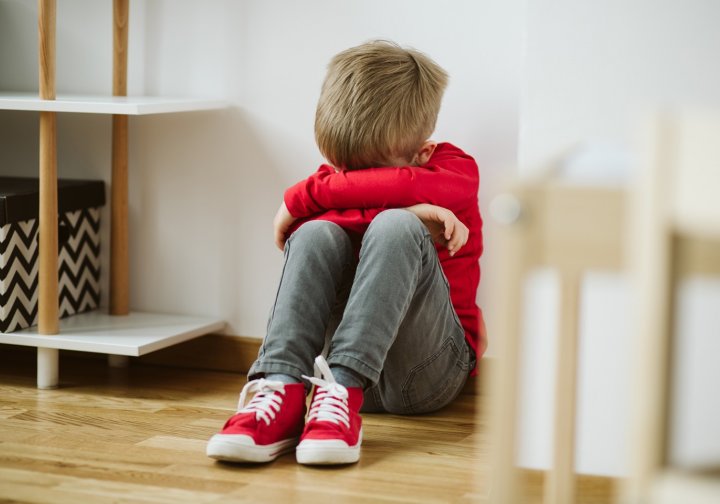Blog

Understanding and preventing self-harm in children: important advice for parents and carers
It is difficult to convey the shock that a parent or guardian may experience when they discover that their child or ward bears the marks of cuts, scars or burns. What preceded it? Why does it do this? Can it be prevented?
Self-harm in children
Self-harm in children is very often a symptom of a problem. If you can find the problem and work with it, the tendency to self-harm can eventually be defeated entirely. It is of utmost importance that you develop an absolute willingness to help and address the problem that the child is trying to draw attention to, consciously or unconsciously, using this extremely desperate tool. In some cases, self-harm can act as a stimulant against stress and fear, for the body flushes out substances that bring relief.
Unfortunately, this practice is addictive and can persist into adulthood and is not at all sustainable in the long term.
It is also good to know that self-harm in children does not have to be accompanied by a desire to lose one's life. It is only a last resort that the child has come to because they have no other means of coping or they are unattainable.
Causes of self-harm in children
The main driver for this behaviour is often stressful emotional situations. Death in the family, toxic relationships between parents, divorce, favouring a sibling. It may also be social pressure, bullying at school, inability to cope with ordinary situations, or the result of a gradual descent into depression.
Therefore, also look for the first signs of depression in children, which are, for example, loss of interest in favourite things, lack of energy, low mood, hypersensitivity and intense emotional swings under pressure.
Mental health in children
This is also why it is essential to perceive the mental health of children, adolescents and adults. The idea that the child will grow out of it, that they have to manage it on their own, and that they are just trying to draw attention to themselves is entirely wrong. Do not moralise, do not reprimand, do not blackmail.
The only thing you will achieve with this approach is that the child will likely become alienated from you in the future. If, on the contrary, you need help and understanding from him, he will show you the consequences of your approach. You must understand this is the last desperate way to signal for help. The main prevention against self-harm is simply paying enough attention to what children want and need, which is usually a parent's sincere concern and a healthy home environment.
Guardians and teachers should act within their competence and address the situation with the legal representative. They should offer a helping hand and, for example, consult with the school psychologist.
Therefore, do not hesitate to contact the professionals if you detect any form of developing depression in children. Trained specialists will help you go through the situation under supervision and offer solutions and qualified help.
